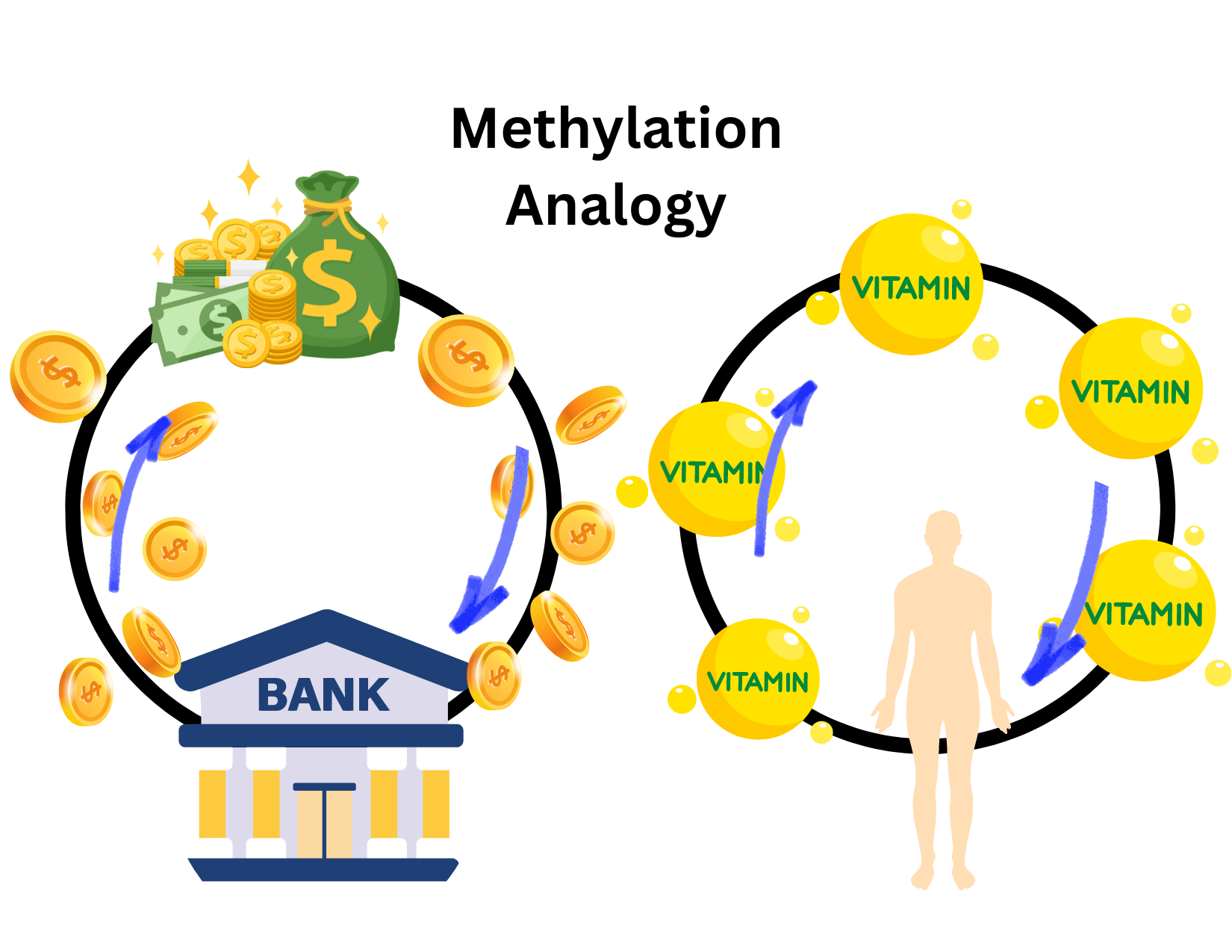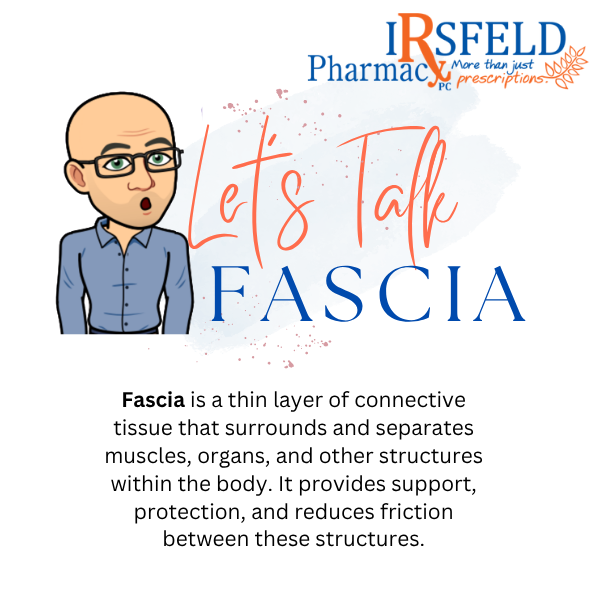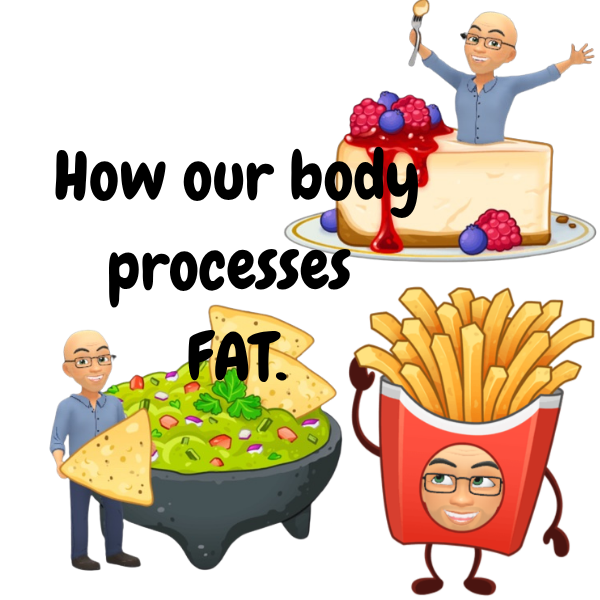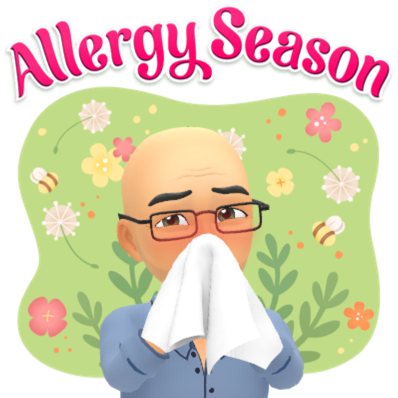Methylation is a biochemical reaction

I remember about 20 years ago, as I started on my path in the world of dietary supplement, hearing Dr. George Gilson speak about methylation. The topic of methylation was never properly addressed in pharmacy school, only focusing on the biochemistry of it, so the information seemed somewhat futuristic. The future is now and when you really look at the end results of methylation, all the metabolic factors depending on it, you realize how important it is for all of us to discover if we are properly methylating.
Methylation is a biochemical reaction in our bodies where a methyl group (1 carbon and 3 hydrogen atoms) is transferred from one compound to another. So, what does that mean? The best analogy I’ve heard is one from Dr Andrew Rostenberg, a chiropractor from Idaho. Here is his explanation.
I like to describe the methylation cycle as an economy. Instead of dollars and liquid assets, we instead talk about methyl groups and vitamins. The names are different, but the concepts are the same. When there are enough dollars in circulation, people can buy what they need and save for the future, bank accounts are full, and the pace of the economy is swift. When there aren’t enough dollars or assets, people don’t have money to spend, savings accounts are destroyed, and economic activity slows down.
Now think of the same feast-or-famine scenario but replace dollars and assets with methyl groups and vitamins. When the methylation cycle is working well and the diet and digestion are optimized, there are plenty of methyl groups available for the body to run all its complicated processes to keep us balanced and healthy. When the methylation cycle is slowed down, either by genetics, toxins, stress, or unhealthy food consumption (or a combination of all of those), there is a deficiency of methyl groups and related vitamins. With this deficiency comes pain, suffering, chronic disease, and a general inability to feel amazing, optimized, and healthy. Hold onto this metaphor and return to it as needed throughout the book to keep reminding yourself how simple this all can be.
The real Achilles’ heel for people with methylation problems is that they cannot produce enough activated folate to meet the body’s needs. Folate, Mother Nature’s number one supplier of methyl groups, can impact the form of any growing tissue in the body. And to complicate the issue, our body’s needs are always changing based on the demands of the environment. The environment might be sunny and warm one day, and stormy and cold the next. We might fall in love or receive a bonus for a job well done, or we might go without sleep for several nights with a sick child or suffer the grief of the unexpected loss of a loved one. To remain healthy, our bodies must be able to adapt to these changing conditions. That adaptation requires folate and methyl groups to perform the critical functions of epigenetics.
Beyond this general description, methylation plays a role in building and repairing every cell, silencing viral genes, allowing dopamine to bind to dopamine receptors, proper functioning of serotonin, changing the frequency of our brainwaves, and increasing our focus and attention.
Those who are less able to methylate are at increased risk for inflammatory conditions and more susceptible to viral infections. Disease states linked to people who cannot methylate properly include autism, multiple sclerosis, heart disease, and autoimmune conditions.
Figuring out if we can properly methylate comes down to the evolving fields of genomics and the ability to test the functioning of one’s genes. I am a firm supporter of the science of epigenetics, as research has shown we have the power through diet, lifestyle, and nutritional medicine to turn good genes on and bad genes off.
Faulty genetics are not a guarantee of disease. We have the power to influence them to the good, while such genetic “Achilles heals” provide us the ability and awareness of targeted nutritional supplement and lifestyle therapies.
Testing and assessing genetic health revolves around what are known as SNP’s, single nucleotide polymorphisms. This is when one nucleotide is substituted for another, which can alter and affect everything from hair color, behavior, nutritional needs, and opens risk factors to disease.
Testing for genomics and ancestry lines have become more accessible with advancements in technology with online resource such as 23andme and Ancestry, where anyone can order a test-kit. The beauty of genetic testing is that once you have done it, you don’t have to repeat it because your genes will not change.
Since it is estimated that over one-half of the population have SNP’s affecting their ability to methylate, several supplement companies have identified the importance of methylation and the ability to enhance methylation when needed through the science of nutrigenomics. These companies are working to focus on the most relevant methylation SNPs, and providing targeted nutritional supplementation based on the individual’s needs.
I always like to work from the standpoint of the “worst case scenario.” You do the genetic test and find out you have an issue with being a poor methylator, the solution is simple, taking a methylated form of B12 and folic acid to overcome the hiccup in your metabolic pathway. Not knowing you have a methylation issue that can easily be resolved is akin to sticking your head in the sand and ignoring the problem. If you are suffering from health issues, get tested and if you are not suffering from health issues, get testing. Seems a bit harsh but I think the advice is sound.
If you are interested in testing to check your methylation status, my staff and I would like to help you with questions and solutions regarding this topic. Please visit my website at www.irsfeldpharmacy.com to view this and other health-related articles in the blog section.
Until next time, be vigilant about your health!!












Share On: